The DACER Foundation presents Popi & Pepa, an animated audiovisual series aimed at children who are hospitalized as a result of a brain injury. It can be watched on YouTube:
The series for children with brain injury is based on the in-hospital care guide for the pediatric patient produced by DACER’s rehabilitation team, which can be consulted here.
This guide was created in response to the limited information available to families about what they can do when their child has suffered a brain injury and is lying in a hospital bed with motor, cognitive, sensory, communication, etc. sequelae that make them someone who is difficult to recognize. Relatives report feeling lost, feeling that everything has suddenly changed and not knowing what to do to regain a sense of control. Parents spend hours and hours sitting by their child’s bedside often just watching, not daring to touch or talk to them because they don’t know how. These are hours of silent suffering, during which the child also does not receive the stimulation their brain needs to reorganize and recover quality of life.
How can I help my child with a brain injury while they are hospitalized?
The guide details what families can do to help their child during the time they are hospitalized. It is proven that the brain is plastic; it has the potential capacity to reorganize its synaptic connections, compensate for damaged areas and thus minimize sequelae. But this process must be stimulated and guided early and intensively to be effective. Therefore, the way the family interacts with their child is decisive. If done in an organized manner, following simple guidelines, they can help lay the foundations for the reorganization of motor and sensory functions, communication, safe swallowing and cognitive functions. The subsequent rehabilitation process, carried out by specialized personnel, will be better directed and more effective.
The guide has the social endorsement of the Spanish Society of Neurology (SEN) and the Spanish Foundation for Neurological Diseases (FEEN) and is included as material of good socio-health practices in the observatory of integrated health models.
How can we explain their illness to children with a brain injury?
The guide is a very practical and useful resource for parents, but for children, paper format is not as attractive. Children learn through play and motivation, so the DACER Foundation decided to create a series for children with brain injury that presents the contents of the guide in a fun and engaging way for them.
Neurological sequelae are very striking; upon that first awakening and opening of their eyes, children in many cases find a paralyzed half of the body, a twisted facial expression, difficulty speaking or understanding what is being said to them. These sequelae are frightening for an adult, but for a child they terrify and paralyze them because they do not understand why it is happening or whether it will be permanent. For these reasons, it is vitally important that we explain to children, in an informal, affectionate and at the same time therapeutic way, what is happening to them.
The series for children with brain injury Popi and Pepa
The series for children with brain injury tells the story of two children, Popi and Pepa, who are bed neighbors. One of them, due to their illness, has been hospitalized for a long time and watches as their roommates come and go. Popi knows how they feel: scared, lost and sad, and in that situation he decides to help them from his experience. With his advice he makes their day-to-day life in the hospital pleasant and productive. The stimulation and support guidelines that Popi gives Pepa help her understand what is happening to her and what she can do to improve.
The objectives are to entertain and to provide information about the process they are going through, explaining the illness, the stimulation and rehabilitation process they will in many cases have to follow and that frightens them.
Following the spirit with which the DACER Foundation was created — to improve the quality of life of those affected by brain injury and their surroundings — we hope this animated series reaches as wide an audience as possible to help more people during this difficult time in their lives and at the same time convey a message of hope and a path forward.
“This article has been translated. Link to the original article in Spanish:”
Nueva serie para niños con daño cerebral: POPI & PEPA
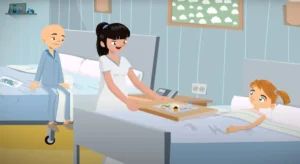
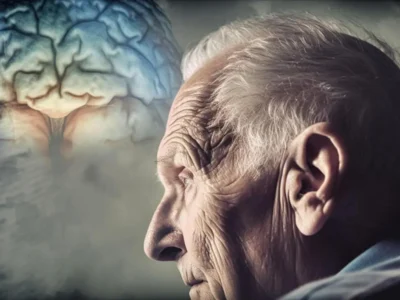
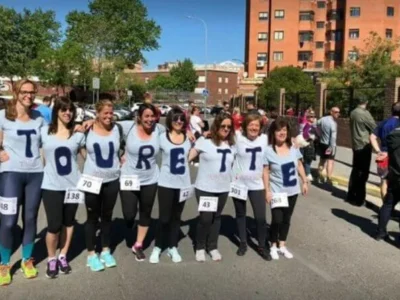

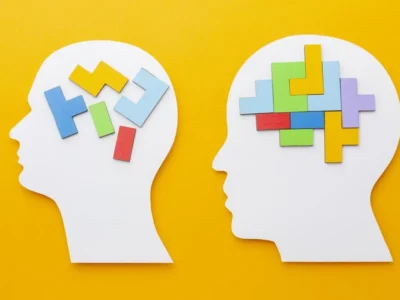
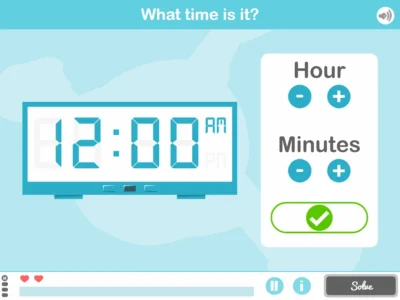
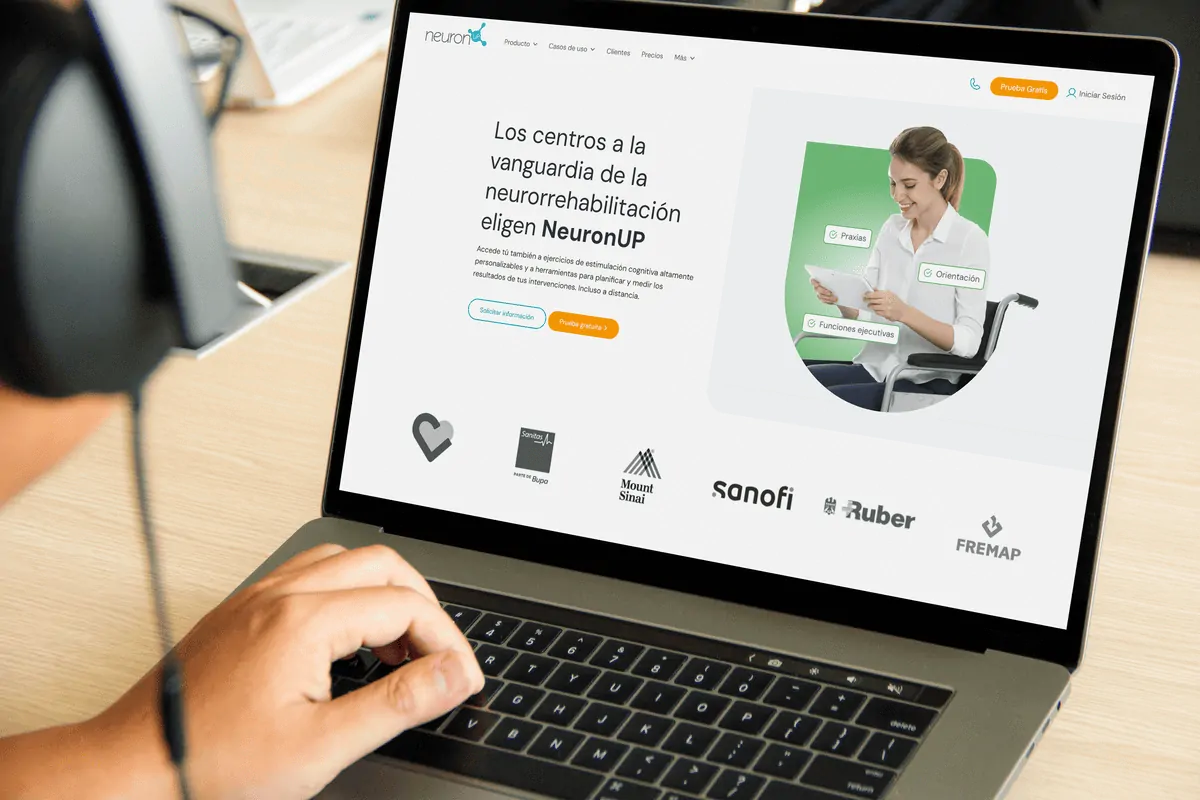
 World Alzheimer’s Day highlights the caregiver’s work
World Alzheimer’s Day highlights the caregiver’s work
Leave a Reply